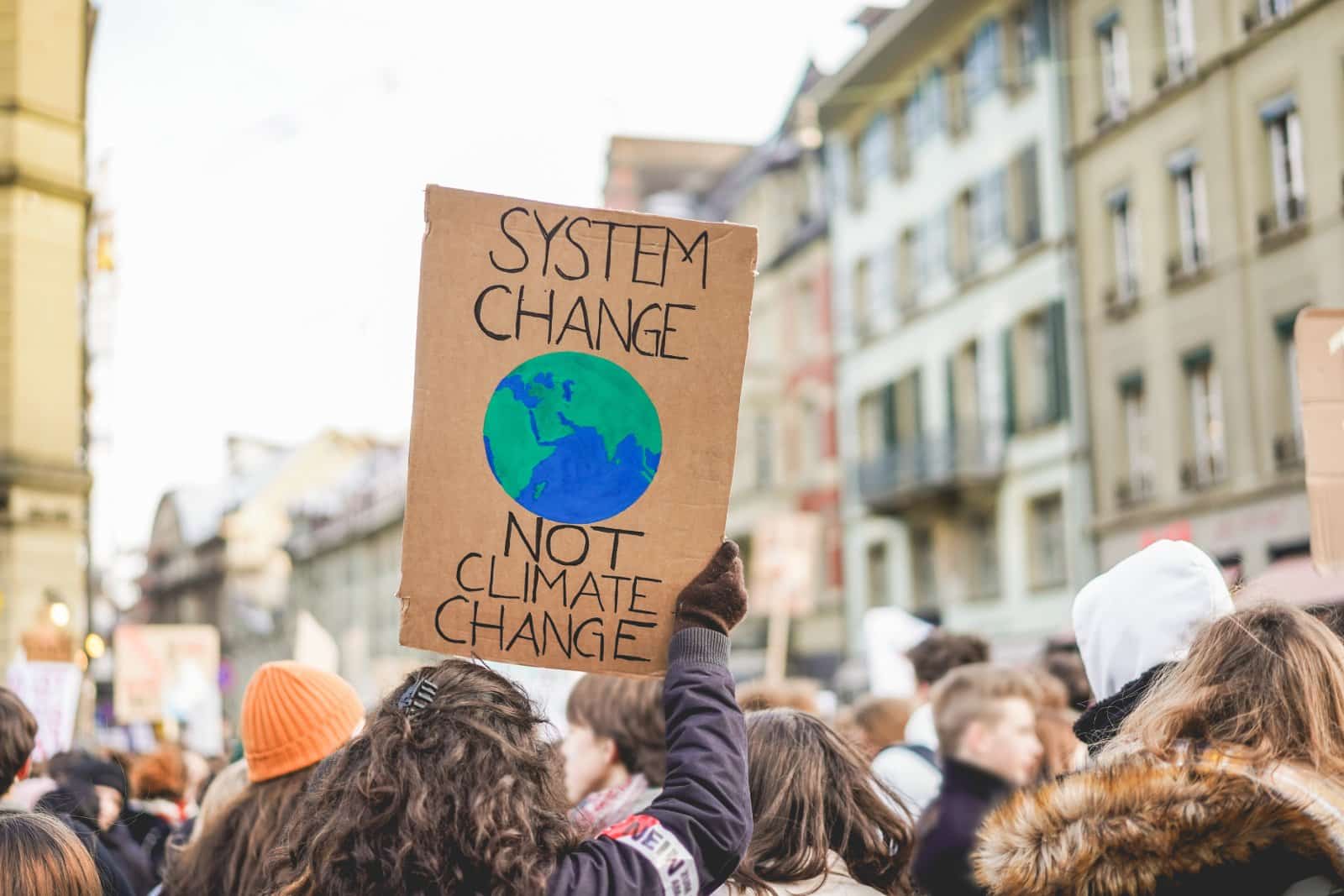Boomers often bear the brunt of blame for exacerbating difficulties faced by younger generations, highlighting the growing generational gap and its looming consequences.
#1. Economic Policies Favoring Boomers Over Younger Generations

Boomers implemented economic policies that favored their generation, leading to wealth accumulation among older demographics at the expense of younger generations.
Examples include tax cuts benefiting the wealthy and limited investment in education and affordable housing.
#2. Housing Market Policies Fueling Unaffordability for Younger Generations

Boomers benefitted from a robust housing market, but their policies and practices contributed to skyrocketing home prices and housing shortages, making homeownership increasingly unattainable for younger generations.
#3. Student Debt Crisis Exacerbated by Higher Education Practices

Boomers witnessed the transformation of higher education into a lucrative industry, leading to soaring tuition costs and unprecedented student debt levels.
The burden of student loans hampers younger generations’ financial stability and impedes their ability to build wealth.
#4. Climate Change Denial Hindering Environmental Protection Efforts

Many Boomers have been slow to acknowledge and address the realities of climate change, exacerbating environmental degradation and leaving younger generations to contend with the consequences of global warming and ecological crises.
#5. Social Safety Net Strained by Boomers’ Demands

Boomers’ large cohort size strains social safety net programs like Social Security and Medicare, raising concerns about their long-term viability and leaving younger generations uncertain about their future retirement security and healthcare access.
#.6 Income Inequality Worsened Under Boomer Leadership

Boomers presided over an era of widening income inequality, perpetuating disparities between the wealthy elite and the working class.
This economic imbalance hinders upward mobility and exacerbates socio-economic divisions among younger generations.
#7. Job Market Challenges Created by Boomer Policies

Boomers’ policies and practices have shaped a job market characterized by precarious employment, stagnant wages, and limited opportunities for younger workers.
Many younger generations struggle to secure stable, well-paying jobs amidst globalization and automation.
#8. Healthcare Costs Soaring Due to Boomer Legacy

Boomers’ reliance on employer-based healthcare and resistance to healthcare reform has contributed to soaring healthcare costs, burdening younger generations with exorbitant medical expenses and limited access to affordable care.
#9. Social Welfare Programs Reduced by Boomer Influence

Boomers’ attitudes towards social welfare programs have shaped policies that prioritize austerity measures and cutbacks, reducing support for vulnerable populations and exacerbating social and economic disparities among younger generations.
#10. Retirement Benefits Disproportionately Favoring Boomers

Boomers’ access to generous retirement benefits and pension plans contrasts starkly with the precarious retirement landscape faced by younger generations, who confront uncertainty about their ability to retire comfortably in the future.
#11. Slow Technology Adoption Hindering Progress for Younger Generations

Boomers’ slower adoption of technology and resistance to digital innovation have hindered progress in areas like digital literacy, technological integration, and workforce automation, impacting younger generations’ readiness for the digital age.
#12. Political Polarization Aggravated by Boomer Ideological Divides

Boomers’ ideological divisions and partisan politics have fueled political polarization and gridlock, hindering progress on critical issues like climate change, healthcare reform, and economic inequality, further alienating younger generations from the political process.
#13. Resistance to Comprehensive Education Reform Hindering Younger Generations

Boomers’ resistance to comprehensive education reform has perpetuated disparities in educational quality and access, leaving younger generations grappling with inadequate resources, outdated curricula, and mounting student debt burdens.
#14. Limited Intergenerational Wealth Transfer Impacting Younger Generations

Boomers’ control over the majority of wealth and assets has limited intergenerational wealth transfer, making it challenging for younger generations to accumulate assets, purchase homes, and achieve financial security without substantial support from their parents or inheritance.
#15. Reluctance to Embrace Change Stifling Progress for Younger Generations

Boomers’ resistance to change and reluctance to adapt to evolving social, economic, and technological landscapes have hindered progress and innovation, impeding younger generations’ efforts to address pressing challenges and enact meaningful reforms for a more equitable future.
#16. Intergenerational Inequality

While Baby Boomers have made significant contributions to society, their actions and decisions have also shaped a world fraught with challenges for younger generations.
By acknowledging and addressing the impacts of intergenerational inequality and fostering greater cooperation and understanding between generations, society can work towards a more equitable and sustainable future for all.
The post Boomer Influence: 15 World-Changing Moves Under Scrutiny first appeared on Liberty & Wealth.
Featured Image Credit: Shutterstock / fizkes.
The content of this article is for informational purposes only and does not constitute or replace professional financial advice.
For transparency, this content was partly developed with AI assistance and carefully curated by an experienced editor to be informative and ensure accuracy.

